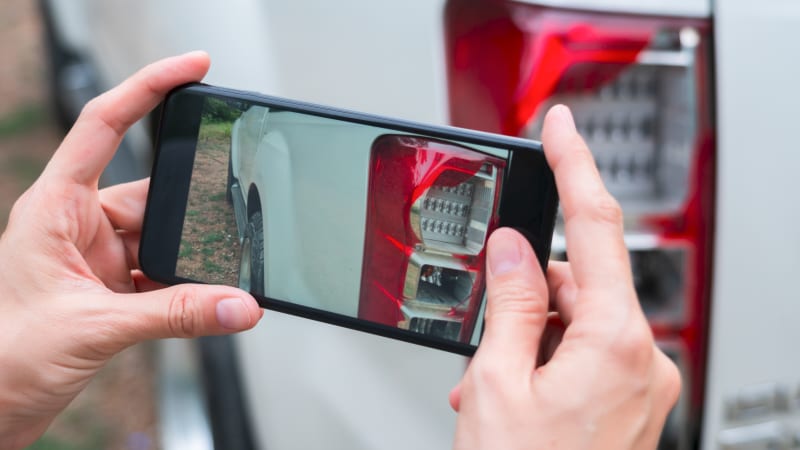Table of Contents
Car insurance may be one of those annoying, expensive and inconvenient things that every motorist has to deal with, but it’s also hugely important. It can feel like you’re throwing money down a hole with nothing to show for it until, that is, you actually need it. Car insurance can be complicated, especially if you haven’t had much experience dealing with it.
One of the biggest and most counterintuitive parts of it is what’s known as the deductible. First, we’ll briefly explain what a deductible is. And then we’ll help answer what may be the most important question: What should my car insurance deductible be?
What is a car insurance deductible?
By now, we should all probably understand how car insurance works on its most basic level. You pay a company a certain amount of money per month or per year. This amount is called your premium. That premium pays for the risk the company is taking on by agreeing to pay for your vehicle and medical bills, or possibly those of another driver, if you get into a collision. That premium varies from driver to driver and policy to policy to policy and and one of the factors that determines how much your premium costs is the deductible.
The deductible is the amount you agree to pay in the event that you need to use your car insurance policy. For example, if you back your brand new BMW into a mailbox, you will need to pay up to the amount of your deductible before the insurance company will pay anything for the repair. If you scratch your bumper and your policy has a $2,000 deductible, it may not be worth involving the insurance. It is probably worth it if you rear-end someone at a stoplight and your Bentley is all bashed in.
What should my car insurance deductible be?
Every person who owns a car needs insurance, and will therefore need to choose the amount of their deductible. Essentially, the higher your deductible is, the lower your monthly (or yearly) premium will be since you’re less likely to use your policy.The less you pay for a deductible, the more expensive the policy will be because you’re more likely to use your policy since the out-of-pocket cost will be lower. Raising your deductible is one of the ways you can lower your premium in these times of higher insurance costs.
Something important to remember is that for car insurance, you pay your deductible every time you make an insurance claim. This is different from health insurance, where you may have a deductible to meet for the year before insurance will pay for treatment. That’s why you should think very carefully before you choose your car insurance policy deductible amount, especially if you’re regularly in situations where you may need to file a claim.
For example, if you live in an area prone to windstorms and have trees regularly fall because of them, maybe a low deductible on your comprehensive policy is the best way to go. The same would apply to areas like the Midwest, where hail damage is a regular occurrence. If you live in a place with erratic drivers — like perhaps those on this unenviable list — then having a lower deductible on your collision policy makes more sense, particularly if you drive a lot.
Conversely, if you live in sunny Southern California and only put a couple thousand miles on your car every year, a higher deductible might make sense since your overall risks are lower for collisions and natural damage. This would save you money every month that you wouldn’t need to use your auto policy, and you could put it towards your exorbitantly high rent or smoothies. You know, whatever.
What is the average deductible for car insurance?
If you’re still not sure what your deductible should be after all of this, then the safe bet is to set it between $500 and $1,000. According to most insurers, this is about average for the country and is a good starting point until you really dial in what your needs are.


